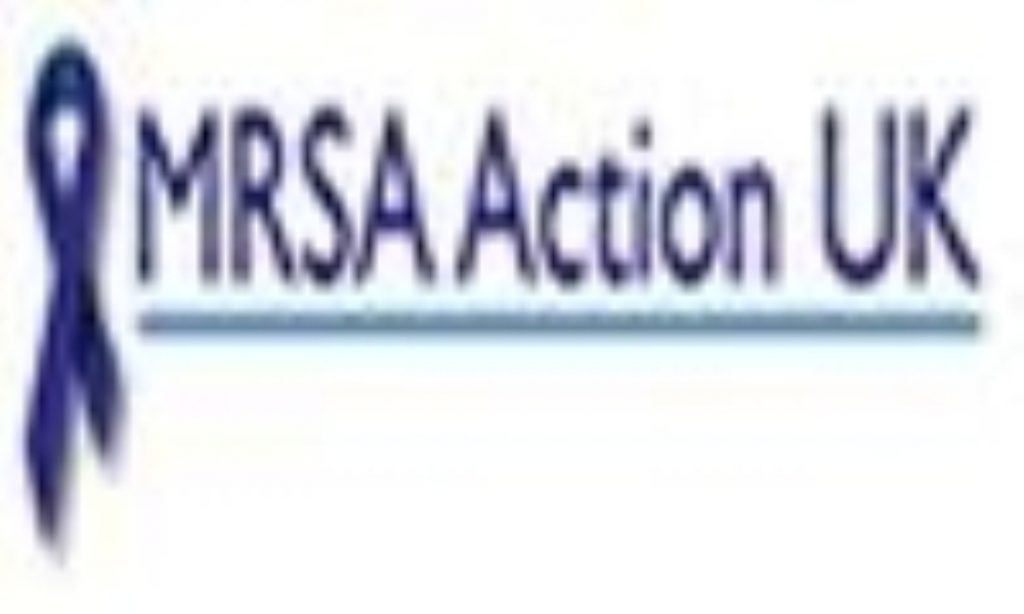MRSA Action UK’s response to the health committee report on patient safety
MRSA Action UK may be mistaken, but are the Health Committee’s findings the understatement of the year. The opening line “Improve patient safety data, banish blame culture, and build on decade of policy initiatives to reduce patient harm”
“Primum Non Nocere” may not have been written by Hippocrates, however “Above All, Do No Harm” should be the mantra of any healthcare professional and, we would have hoped, the Health Committee.
The Health Committee studied written and oral evidence, looked at regulation and concluded that it was necessary to “build on a decade of policy initiatives to reduce patient harm.”
Our Charity submitted written evidence, however there was no call to hear the patient and relative perspective from those who had succumbed to largely avoidable infections, leading to death and varying degrees of disability. The patient’s voice appeared largely unheard.
In our submission we cited The Joint Commission in the USA, who offer a Patient Safety reporting mechanism. Reporting can be anonymous, but contact details are needed so that complaints can be investigated and a response supplied. It may be necessary to share the complaint with the organisation in the course of a complaint investigation. The Joint Commission policy forbids accredited organisations from taking retaliatory actions against employees for having reported quality of care concerns to The Joint Commission. We believe the National Patient Safety Agency should operate in the same way. In April of this year we witnessed the travesty of a nurse who became a “whistleblower” by secretly filming the neglect of elderly patients being struck off. Margaret Haywood had the permission of patients and relatives to use the footage, and was viewed by many in her profession as a heroine. This punitive action would never have happened if a reporting mechanism that follows up complaints without fear of retribution for staff was in place.
The report lacks any mention of such a system to protect whistleblowers, our own reporting systems via the National Patient Safety Agency fall far short of the Joint Commission in the USA, individual complaints are not always followed up and only trends in reporting are used as triggers for investigation. This does not encourage leadership and courage to speak out when things are going wrong on the front-line.
In terms of monitoring healthcare infections, hospitals who have significantly reduced the recorded numbers of patients with infections have demonstrated a change in culture and mindset, recognising that avoidable infections and medical harm will not be tolerated.
This has been achieved through strong leadership from Board to Ward. However, this data on hospitals with larger numbers of infections or standardised mortality rates seems largely ignored by regulators who can act swiftly to bring about change.
We are still seeing hospital trusts with significantly larger numbers of avoidable infections each quarter, yet there has been no change in management, something the regulator can take action on.
Data on patient safety, including healthcare infections should be used as a double-check to make sure resources are targeted in the right way. Above all healthcare professionals should engage with patients and relatives and remember that they are people, not cases. Our own data on patient involvement in care shows a significant lack of dialogue with both the patient and relatives who are primary carers, the very people who can recognise signs of deterioration quickly.
We have already called for a review of case notes where relatives know that healthcare infections were a contributory factor in their loved-ones deaths. Using data is important to check that there are no worrying trends in the numbers of people who may have succumbed to avoidable bloodstream infections, if you don’t measure then how can you be sure you have done everything possible to reduce harm?
The roles of Monitor, the Care Quality Commission and the Strategic Health Authorities should be to make sure resources are targeted effectively, be that in terms of funding, training, safe clean environments and using the best technologies to ensure top quality safe care. Using top-line data such as standardised mortality rates, healthcare infection surveillance and reviewing case notes and complaints should be an integral part of checking policies are working.
Derek Butler
Chair
MRSA Action UK
07762 741114





-01.png)